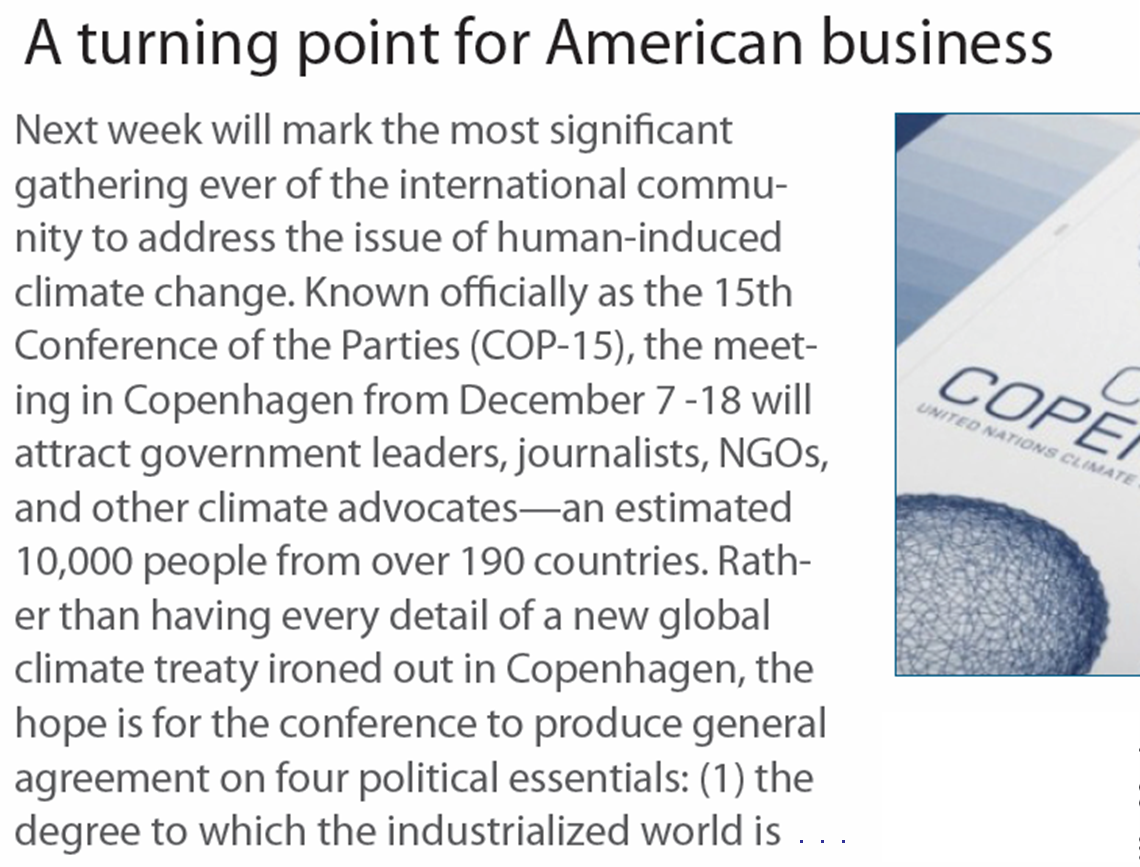
One of the greatest impediments to corporate management adopting sustainable practices is the belief that it can’t afford to adopt them. But the reality is quite different. Companies that take sustainable practices seriously are seeing the interconnectedness and interdependencies between different parts of their business. The view of their business changes, it begins to look more like a system - embedded in other systems – the local economy, the global economic system and the earth’s ecosystem. It becomes clear that for a business to be sustainable it must align with the workings of the systems of which it is a part and upon which it depends. When this begins to happen, the consequences of efficiency, lower costs, transformed organizations and increased profits emerge.
Recently however there's been a lot more said about greed and lot less about sustainability. Interestingly greed and sustainability are not unrelated.
Gus Levy, one of the legends of 20th Century finance and an icon in the growth of Goldman Sachs, in response to a question about his firm’s motivations once said “Yes at Goldman we are greedy. But we’re long-term greedy.” Levy saw Goldman as a process – a complex system of interrelated and interdependent parts in the service of an aim. While the system made its partners fabulously wealthy that was never the aim. The aim was to serve clients and do it better than the competition. Don’t just meet their needs, delight them and be loyal to them and provide them with the best advice - that was the roadmap to their success. Profitability was the consequence, not the aim - getting rich became the reward for managing well the system that was Goldman Sachs.
That appreciation for a system made Goldman a stand out - a very distinctive place to work, a place of excellence and of legend.
To build a sustainable enterprise, profitability is a necessity. But profitability itself must be sustainable, and can only be so if the enterprise is well managed from a systems perspective. Greed ruins an appreciation for business as a system and thus is not sustainable. There is a gap between the current ways of management and those that will be required to take a system for sustainable practices and nurture it into a long-term competitive advantage. Greed only contributes to the widening of that gap. Greed does not nurture, it destroys.







